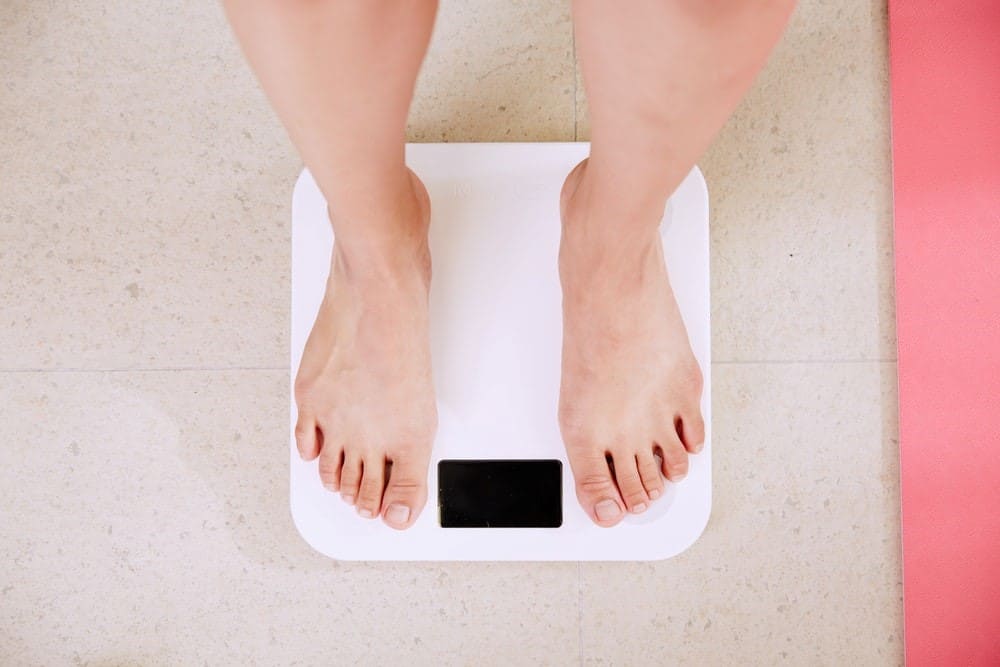
3 Ways Menopause Can Change Your Body
Often referred to as “the change of life” or just “the change” in literal terms, menopause combines the words “pause” (end) with “menses” (period)—“end of period.”
However, menopause is much more than just the conclusion of your menstrual cycle and the end of your childbearing years.
How Does Menopause Affect a Woman’s Body?
The impacts of menopause can vary significantly from one woman to the next—some women breeze through “the change” without the hot flashes, mood swings, and insomnia that can plague others.
Yet, all women will inevitably experience some body changes with this physiological transition. Changes to women’s pelvic anatomy and body composition, for example, are common during menopause and the years leading up to it (perimenopause).
Here are three ways the body can change with menopause—inside and out.
Body Shape
Hormonal changes during menopause can affect how and where your body stores fat. Many women find that their body shape shifts from an hourglass or “pear” shape (wide hips and thighs with narrower waist) to an “apple” shape (loss of fat in hips and thighs and more fat in midsection). For some women, unfortunately, menopause and belly fat go hand in hand.

A study1 in the International Journal of Obesity also found that menopause is associated with more total fat mass. This is likely in part because lower estrogen increases appetite and reduces metabolism. Another study2 found a possible link between the hormonal changes of menopause with reduced muscle mass.
You may find that you need to work harder to keep fat off and maintain muscle mass during menopause.
Pelvic Floor Changes
If you pee a little when you laugh, cough, sneeze, or do jumping jacks, or if you sometimes feel an overwhelming sense of urgency to go, you’re one of the 1 in 3 women who will experience urinary incontinence (UI) at some point.
Pelvic floor changes are a common change during menopause. Lower estrogen levels can diminish the strength of the pelvic floor muscles, which act like a sling and keep your bladder, bowel, uterus, and vagina firmly in place. Weak muscles can cause pelvic organs to slip out of place. This can put pressure on the bladder or urethra and lead to pesky leaks.
Your best line of defense against UI is keeping your pelvic floor muscles strong with regular Kegel exercises. Using a pelvic floor exerciser device with biofeedback—like PeriCoach—can help you target the right muscles, and you can see your progress in real-time as you use the device.
Vaginal Dryness/Atrophy
Plummeting estrogen levels during and after menopause can cause thinner, drier, and less elastic vaginal tissue. It can also decrease blood flow to the area, which can diminish arousal and make sex painful or uncomfortable. Using a fragrance-free, water-based lubricant can help make sex more comfortable. Some women may also benefit from hormone-replacement therapy (HRT), also called estrogen therapy.
Hormonal changes during menopause can also cause other issues, including dry skin and dry eyes, unexpected bruising, excess facial hair, hot flashes, migraines, and fuzzy thinking.
Good Self-Care Can Help Ease Menopause Symptoms

Menopause is a major life change, but your doctor can recommend lifestyle changes and prescribe treatments to help. Take proactive measures to help ease symptoms. Stay active, watch what you eat, manage stress, take care of your pelvic floor with regular Kegel exercises, and get plenty of sleep.
Reach out to us with questions about PeriCoach and hear stories from real women about how using PeriCoach has changed their lives.
Sources:
- https://idp.nature.com/authorize?response_type=cookie&client_id=grover&redirect_uri=https%3A%2F%2Fwww.nature.com%2Farticles%2F0801118
- https://www.longdom.org/open-access/impact-of-first-10-years-of-post-menopause-on-muscle-function-musclemass-and-bone-mineral-density-in-adult-women-2329-9509-1000151.pdf


